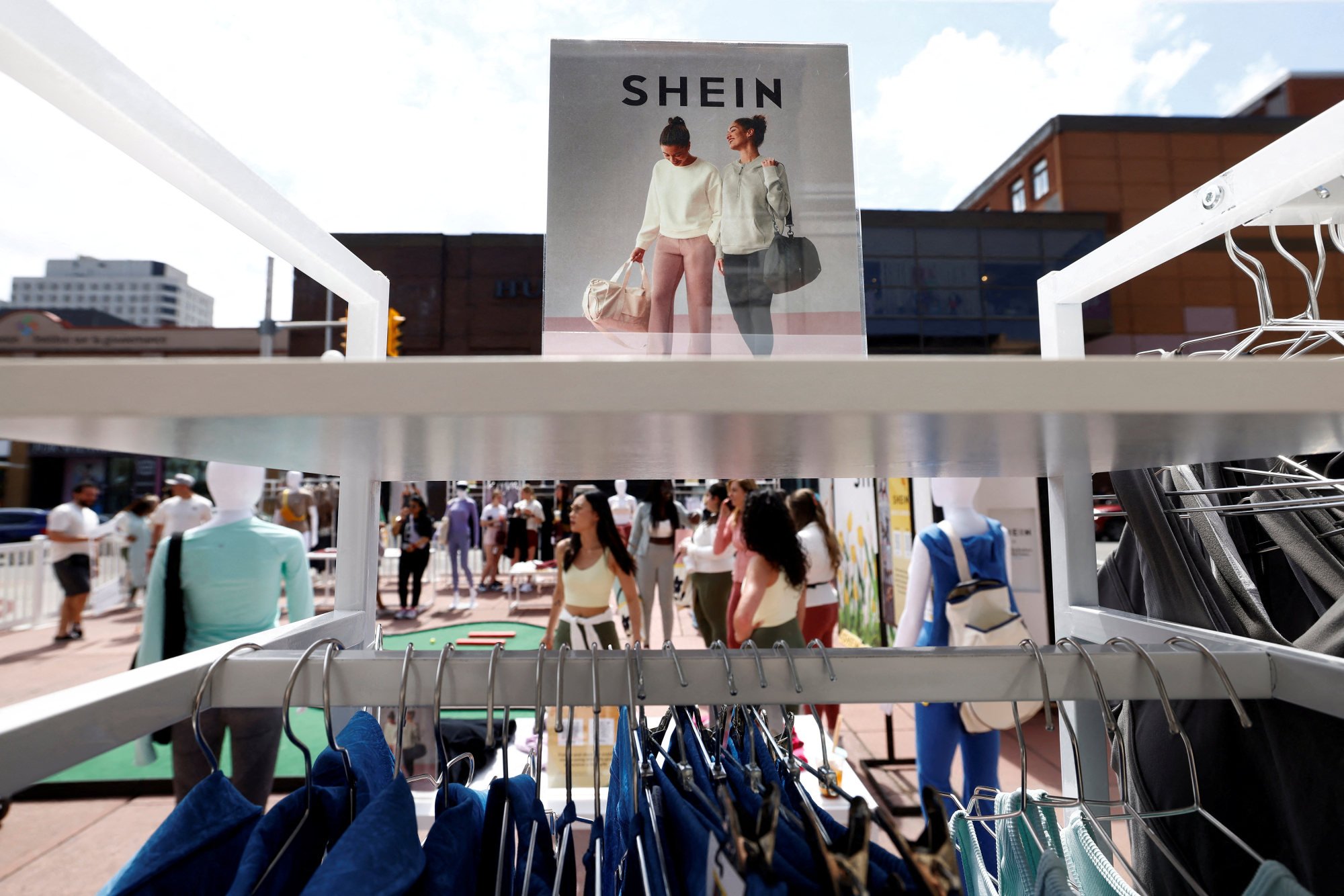The concerns of shareholders adds to the challenges Shein has faced while searching for a place to host its public debut. More troublesome for the online retailer is the regulatory vacuum it finds itself in owing to its Chinese origins and operations, said a person who is familiar with the procedures for companies to conduct offshore IPOs.

Shein did not respond to repeated requests for comment.
Its first venture capital investor was Singapore-based Jafco Asia, which invested US$5 million in the start-up’s Series A funding round in 2013, according to Crunchbase.
Subsequent backers include IDG Capital, Greenwoods Asset Management, Abu Dhabi’s sovereign wealth fund Mubadala Investment Company, HongShan – formerly the Chinese arm of Sequoia Capital – Tiger Global Management and General Atlantic, which together invested US$4.04 billion through six more funding rounds in the company, Crunchbase data showed.
New York was said to be Shein’s first choice for a public listing venue, but that plan did not work out because of deep mutual distrust between Chinese and US regulators.
The China Securities Regulatory Commission (CSRC) told Shein earlier this year that it would not recommend a US IPO due to supply chain issues, according to a Reuters report in May. US lawmakers have accused Shein of forced labour and intellectual property infringements.
London, with a total capitalisation of US$3.2 trillion, appears to be an odd choice for Shein. With a single float that raised US$119 million, London dropped out of the world’s top 20 IPO destinations this year and ranks below the stock exchanges of Kazakhstan and Astana, according to Mergermarket.
The entire London stock market is worth roughly the value of Nvidia, the world’s second most valuable company, listed on the Nasdaq in New York.
Shein also ditched the so-called variable interest entity (VIE) structure to set up its global headquarters in Singapore in 2021. Chinese start-ups commonly use VIEs to create an overseas shell company to control their operations at home through contractual agreements, the person familiar with offshore IPO procedures said.
Shein’s current corporate structure, and the fact that it has most of its staff and vendors on the mainland – including a network of more than 3,000 suppliers in Guangzhou, according to a Wall Street Journal report in 2022 – make it an offshore, multinational company with exposure in China.
The CSRC did not respond to a faxed inquiry on Thursday.
Meanwhile, Shein’s company structure also faces legal scrutiny in the UK.
The company’s local entity, Shein Distribution UK, breached the law by failing to list a human as its “person with significant control (PSC)” in its filing to Companies House, the national corporate registrar, The Guardian reported in March.
A month later, Shein changed its filing to say that it believes “there is no registrable person or registrable relevant legal entity in relation to the company”.
British IPO regulator Financial Conduct Authority, the London Stock Exchange Group, and Companies House declined to comment.


